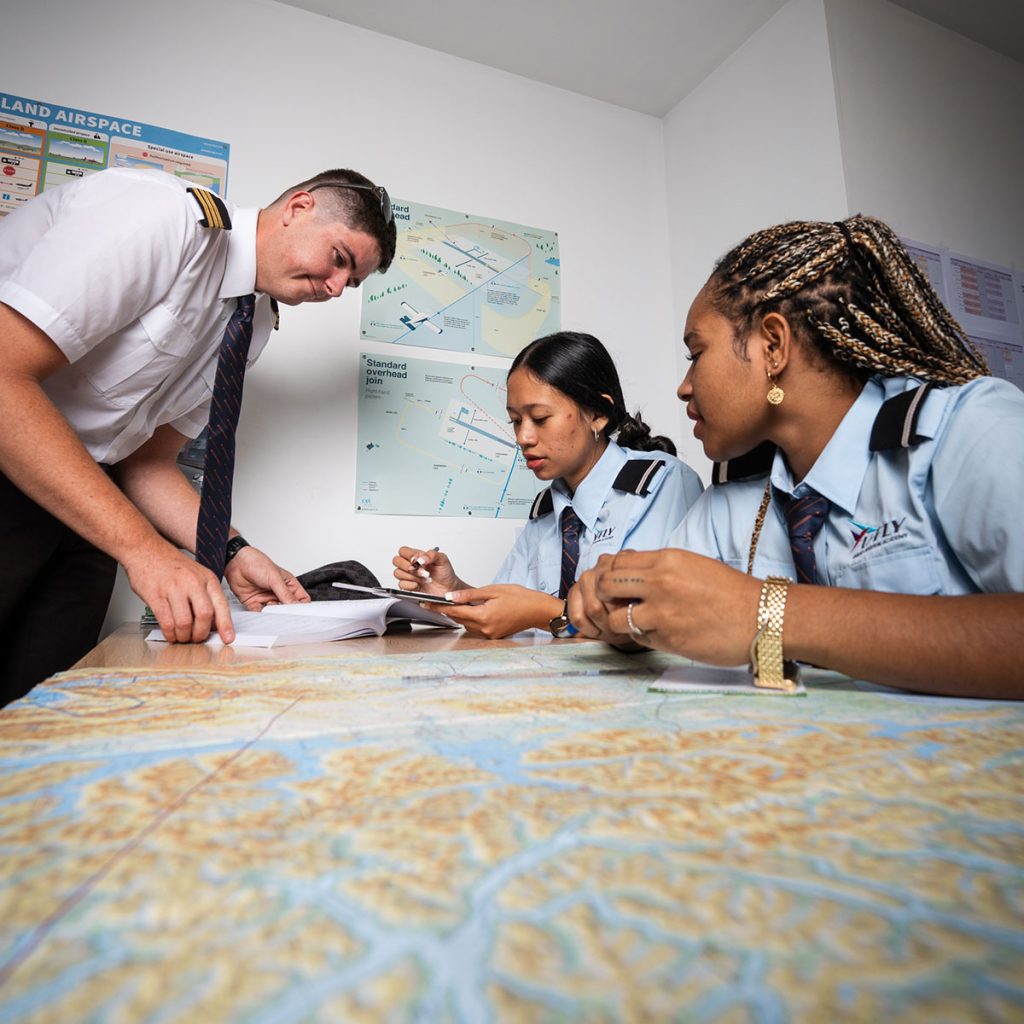Start your aviation journey with the New Zealand Diploma in Aviation (Level 5). This NZQA-recognised qualification provides the core flight training and theory needed to progress toward your Commercial Pilot Licence. Training out of Wanaka means learning to fly in some of the most challenging and rewarding conditions in the country. Flying in the mountains helps shape better, more capable pilots by building confidence, awareness, and decision-making skills that come from real-world experience. Our instructors bring a strong mix of training and commercial flying backgrounds, and they’re here to support your development from day one. If you’re serious about a future in aviation, this is a solid place to start.


The diploma is designed to prepare students for roles in General Aviation, and Aerial Application, fulfilling industry needs for commercial pilots and operational support staff. Our curriculum encompasses the operational, safety, and compliance aspects mandated by the New Zealand Civil Aviation Authority (CAA).
Graduates from Otago Aviation Academy will:
Post-graduation, students may advance to higher-level diplomas or university degrees in aviation management, emphasizing continuous professional development.
Our graduates are well-prepared for commercial piloting and related roles, supported by extensive hands-on training and theoretical studies.
Minimum Age:
Candidates must be at least 18 years old at the time of application. This age requirement ensures that students have reached a level of maturity necessary for managing the demands of the training and the safety responsibilities inherent in flying.
Aptitude Test:
Prospective students must pass an aptitude test that evaluates their logical reasoning, mathematical abilities, and understanding of physical principles. This test is crucial for assessing the potential success in the technical and practical aspects of aviation training.
Fit and Proper Person Test:
This assessment is conducted by the Civil Aviation Authority to ensure that candidates meet the highest standards of integrity, responsibility, and character. The evaluation includes checks on criminal history, safety compliance records, and personal conduct.
Medical Examination:
Applicants must pass an Aviation Class 1 medical exam. This thorough medical screening ensures that candidates are in excellent health and meet the stringent medical standards required for commercial pilots, including vision, hearing, cardiovascular, and neurological health criteria.
English Language Proficiency:
Since English is the international language of aviation, it is imperative that all candidates can communicate effectively in English. The requirements are:
These entry requirements are designed to ensure that all students entering the Otago Aviation Academy have the foundational skills, personal qualities, and health status necessary to succeed in their training and future careers in aviation. The comprehensive screening process helps maintain high safety standards and professional competence in the New Zealand aviation industry.